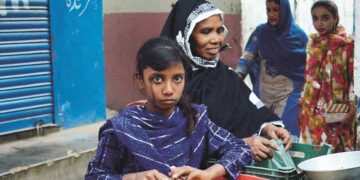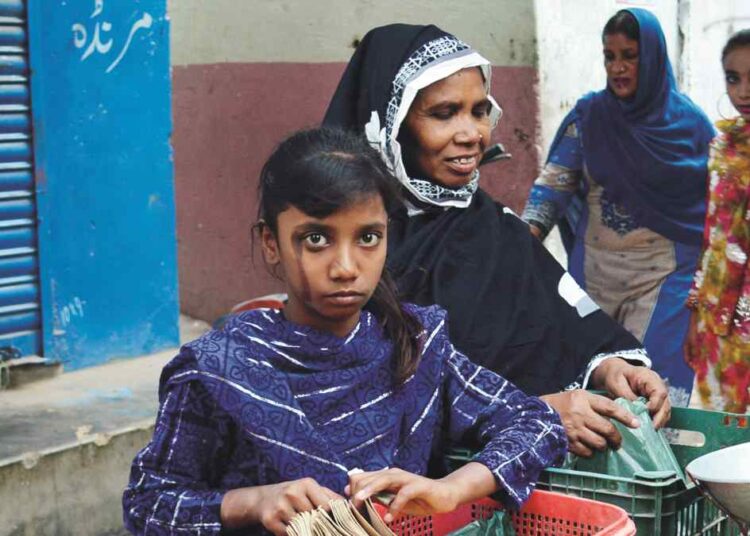Last updated on January 18th, 2022 at 05:59 am
In many Afro-Asian countries, violence against women is religiously motivated. The recent report of the Canadian branch of the foundation Aid to the Church in Need, entitled Hear Her Cries: The kidnapping, forced conversion and sexual victimisation of Christian women and girls confirms an already known and terribly growing trend of rape, forced marriages and forced conversions. The document details recurring case histories, drawing in particular on the realities of Egypt, Iraq, Syria, Mozambique, Nigeria and Pakistan.
According to Aid to the Church in Need, more than 70% of the women and girls forced into marriage or conversion are Christians. “Offenders know that the likelihood of being convicted is significantly reduced if they limit their attacks on religious minorities.”
But, the report says, the cases that make headlines are just the tip of the iceberg. Most victims, in fact, tend to keep quiet for fear of further retaliation. For Aid to the Church in Need, the cases of women persecuted and blackmailed for religious reasons have always been underestimated, mainly due to the fear of bringing shame on the victims and their families. In addition to social stigma, another incentive to silence is the fear of retaliation: the families of victims tend not to speak out for fear of further violence. In particular, in Pakistan, the police and judiciary collude with violent people.
Courts colluded with Islamism
In places where Christianity is a minority, many Christian women are forced to convert, particularly to Islam, so that fundamentalism can find new followers in their children. ISIS fighters, for example, have deliberately sought to maximize conversions of Christian women in Syria in order to secure a new generation of jihadists. And In Nigeria, Boko Haram uses violence against women as a tool to provoke a mass exodus of Christians from the northern areas of the country.
Who will help them?
Among the cases reported in the report is that of Farah Shaheen, a young Pakistani Christian girl kidnapped at the age of twelve, forced into marriage and then held in chains like a slave. When her father reported the incident, the police refused to both listen and verbalize. The court’s medical experts stated that the girl was old enough to be legally married; therefore, they rejected the birth certificate confirming she was twelve years old at the time of abduction.
For their part, political and judicial institutions reflect the cultural and religious norms of the majority, and even in countries where shari’a is not officially in force, there are codes of conduct that tend to prevail over civil law. So the courts and the entire justice system are biased against Christians. “It’s very difficult to be a Christian girl in our country,” says an anonymous victim, interviewed by Aid to the Church in Need. “That’s why our girls are often kidnapped and the abuse they have to endure is too terrible to imagine. It’s really scary. Who is willing to help us?”
Women (and men) who care about the fate and dignity of women are the ones who should care about these things.




















Discussion about this post